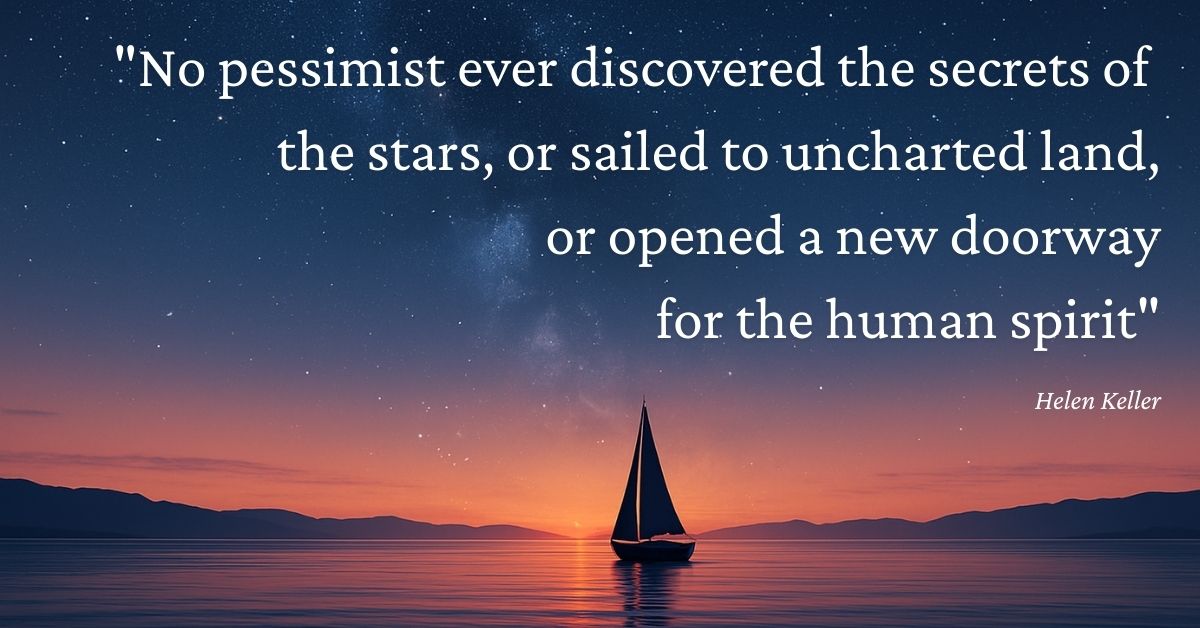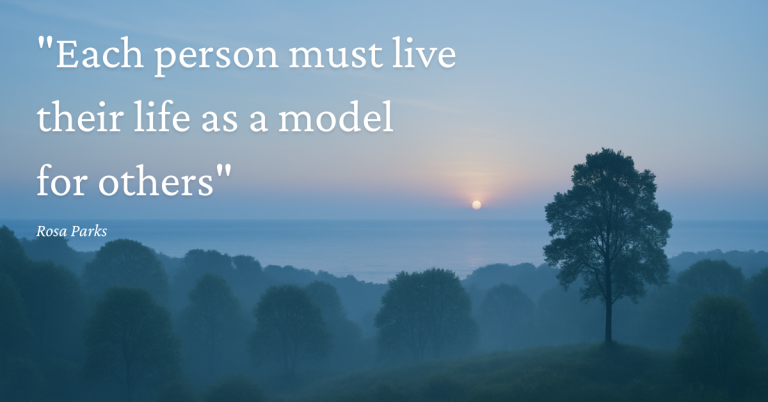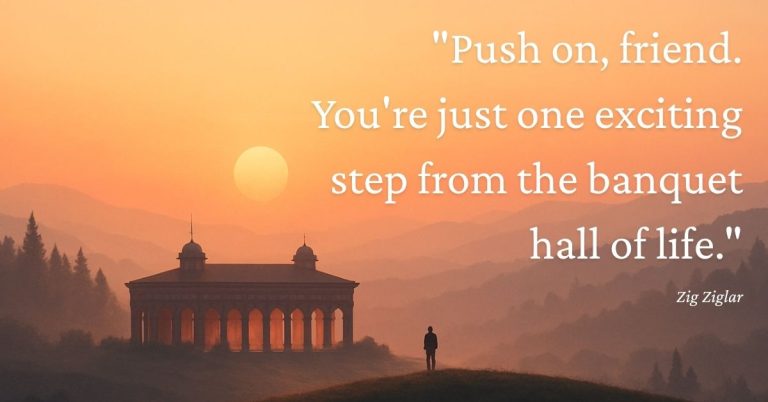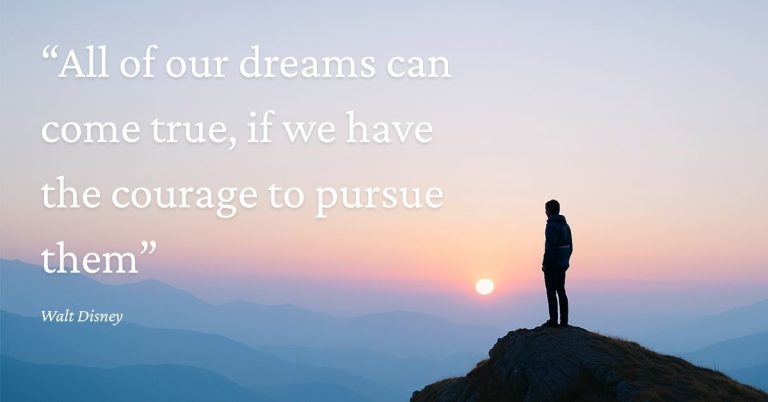A Helen Keller quote
Estimated reading time: 5 minutes
What Does This Quote Mean?
Helen Keller’s quote shines a light on the relationship between mindset and progress. It argues that pessimism — a tendency to expect the worst — has never driven discovery, exploration, or innovation. Pessimists, by nature, doubt outcomes and dwell on limitations. But those who achieve something extraordinary — whether in science, travel, or the realm of human understanding — must believe it’s possible in the first place.
To “discover the secrets of the stars” is to explore the unknown. To “sail to uncharted land” requires courage and belief in what might lie ahead. And to “open a new doorway for the human spirit” suggests breaking through barriers in thought, culture, or compassion. None of these actions are born from hesitation, fear, or cynicism. They stem from hope, imagination, and trust that something better can be found.
The quote reminds us that a forward-looking mindset is essential for growth — both personal and collective. Those who dwell in what can go wrong often avoid risk altogether. But optimism fuels the drive to try, to experiment, and to stretch beyond what we already know.
In short, progress needs people who are willing to believe — even when results are uncertain. Without that leap of faith, humanity would remain stuck in place.
How Can You Use This Quote in Life?
This quote offers a clear call to action: adopt a mindset that looks ahead with curiosity and hope, not fear or cynicism. Here are five ways this thinking can shape everyday choices:
- Pursue bold goals
Whether it’s switching careers, starting a project, or learning something new, progress begins with belief. Doubt may keep you safe, but belief helps you grow. - Try despite uncertainty
Many people wait until they’re sure something will work before they act. But discovery often starts with trying, failing, and trying again. Optimism gives you the fuel to start even when the outcome is unclear. - Challenge negative self-talk
Pessimism often whispers that you can’t, you shouldn’t, or you’ll fail. This quote pushes back. Remind yourself that belief in possibility is the first step to making change. - Support visionary ideas
In work or relationships, don’t dismiss ideas just because they seem risky. Many great changes begin as uncertain ideas. Try encouraging others who dream big. - Look for light in difficulty
When life gets tough, it’s easy to expect more hardship. But change often follows struggle. Holding on to hope helps you endure and eventually move forward.
This mindset doesn’t require blind optimism. It’s about choosing a hopeful outlook despite the odds — because that’s what moves things forward.
The Motivation Message
The spirit of this quote is one of belief in better possibilities. Helen Keller reminds us that cynicism has never launched a rocket to space, written a novel, or sparked a social movement. Real change — whether scientific, emotional, or within society — always begins with someone who believes it can happen.
To make an impact, you don’t need to be famous or flawless. You just need to resist the voice that says, “what’s the point?” and listen instead to the one that says, “what if?” Every time you act on hope rather than fear, you push open that new doorway Keller speaks of.
Optimism isn’t a personality trait — it’s a choice. And when you make that choice, you’re joining the same current of belief that has carried humanity forward for centuries.
About Helen Keller
Helen Keller (1880–1968) was an American author, lecturer, and activist who became a global symbol of determination and courage. At 19 months old, she lost her sight and hearing due to illness. With the help of her teacher Anne Sullivan, she learned to communicate and eventually graduated from college — becoming the first deafblind person in the United States to do so.
Keller’s life was a powerful testament to resilience and hope. She campaigned for disability rights, women’s suffrage, and social justice, using her platform to advocate for those whose voices were often ignored. Her writing and public speaking inspired millions around the world.
This quote reflects her worldview — that limitation is often more a matter of attitude than circumstance. For someone who faced immense challenges from such a young age, Keller’s belief in possibility was not just philosophical. It was lived, proven, and shared with the world.




